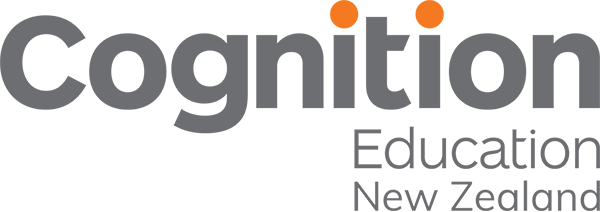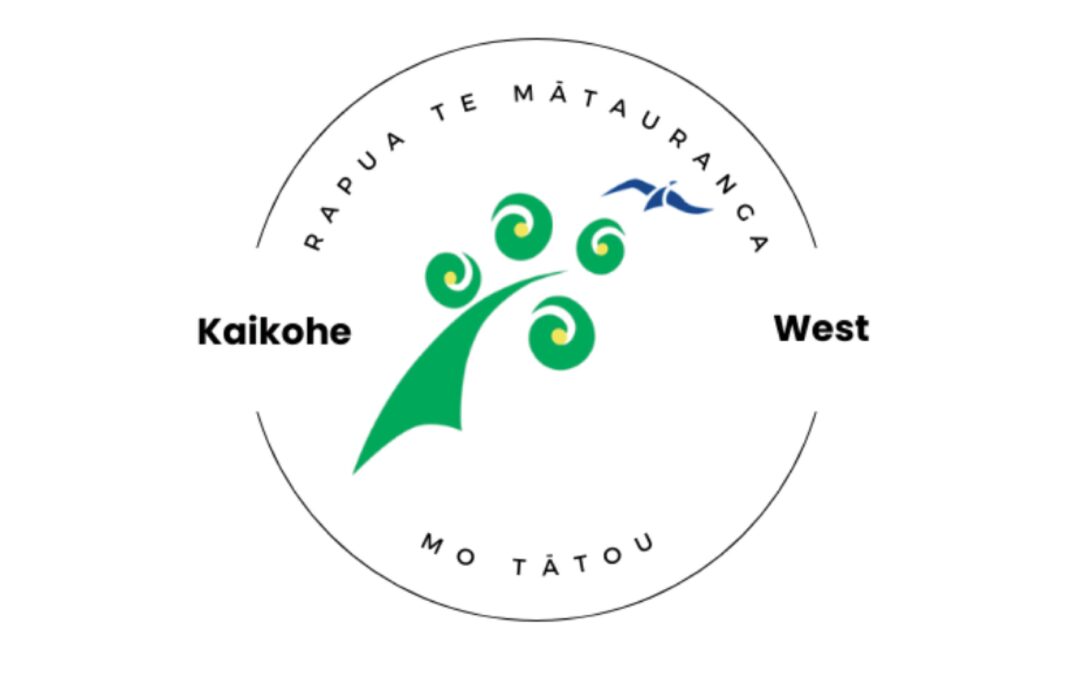The Situation
Kaikohe West School, located in Tai Tokerau – Northland, faced numerous challenges that extended beyond the traditional educational scope. Housing, employment, drug addiction, domestic violence, and trauma were among the community challenges, significantly impacting the learning environment for the students. Cognition and its facilitators had been working closely with the school for three years, focusing on Relationships First, literacy, and Mathematics.
The Challenge
The school grappled with low student achievement data in Mathematics. Teachers relied on traditional methods, using Prime Maths and textbooks. The challenge extended to implementing an effective teaching approach in Mathematics, compounded by educators with long-held beliefs unwilling to embrace change.
The primary expectations were to elevate student achievement in Mathematics, enhance teacher confidence, and foster collaboration among all educators. The goal was to create an environment where teachers felt comfortable sharing samples of student learning with their colleagues, building on each other’s strengths.
Despite the well-defined plan, challenges arose during implementation. Educators doubted the evidence of student capabilities, and some reverted to familiar teaching methods. Overcoming these hurdles required a strategic and flexible approach to bring about change.
The Approach
Cognition Education facilitators employed a co-teaching model that proved highly effective and non-threatening. They demonstrated deep knowledge of Mathematics content, emphasising the importance of careful planning in delivering PLD. The programme triggered a significant mindset shift among educators, focusing on what students can do rather than what they cannot.
The Outcomes
The outcomes were transformative. Behavioural, attitudinal, and cultural shifts were observed among students, teachers, and the community. Creativity in Mathematics, increased student engagement, and collaboration among educators were standout achievements. Notably, the use of the PaCT tool demonstrated a remarkable increase in Mathematics achievement from 32.4% at/above at the beginning of the year to 67% at/above towards the end.
The PLD programme’s success stemmed from the integration of Mathematics into all areas of the curriculum. Positive data trends, heightened student engagement, and a change in teachers’ mindset were highlights. Hands-on activities and materials played a pivotal role, fostering collaboration among educators and elevating teacher expectations.
Moving forward, the focus is on refining teacher pedagogy, focussing on specific students’ needs, and maintaining high levels of student engagement and success. The commitment to embedding effective practices, proactive resource utilisation, and ongoing exploration of the local area’s connections to iwi, hapu, and whānau, ensures a continuous and enriching journey.

